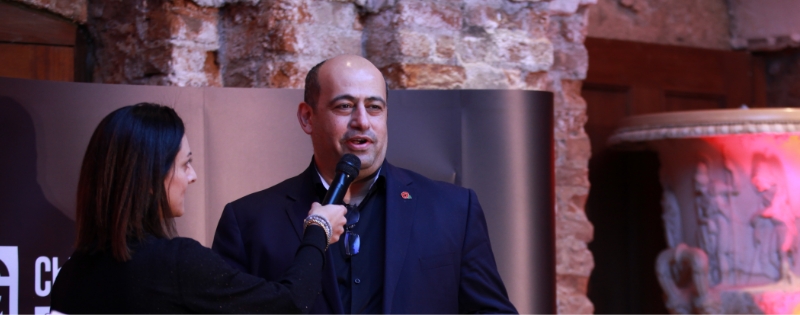Implementing real company culture and HR change is one of the biggest challenges that organisations are facing globally. But it’s not a new problem. Culture change has always taken a long time, but how can it be done with purpose and successfully to meet your desired outcomes?
Why should you care about culture?
According to Forbes, companies with strong cultures saw a 4 times increase in revenue growth, and Glassdoor found that being named a ‘best place to work’ is associated with a 0.75% stock jump. So, we know that a strong culture leads to profit. However, this shouldn’t be the only reason you want to change your culture, and if it is, it will likely feel unauthentic.
At a recent Meet the Boss roundtable, a senior executive shares, “we are entering the age of wellness washing.” Companies love to talk about their wellness and culture activities, but are their employees encouraged to do them? Do they know about them? Does it make up for their heavy workload or lack of support? Having highly engaged employees can lead to a 202% increase in performance, and the more engaged and involved employees feel, the more likely they are to stay and not look for alternative opportunities. Stephane Charbonnier, CHRO North America at L’Oréal at the GDS Group HR 2022 Summit explains, “we know that when you have a toxic culture in the workplace that’s driven by fear, lack of psychological safety, lack of transparency, people will likely leave the organisation at a surprising rate.” She continues to share, “at L’Oréal, we are trying to shift from a culture of ‘we know it all’ to ‘we want to learn it all’. We try to put that learning and development in the context of the work. And as Lydia Wu, Head of Talent Analytics & Transformation at Panasonic USA put it so well “you don’t want to create the culture of the haves and perhaps.”
So how can we successfully change our culture?
So now we’ve established why we should be focusing on honing our company culture, let’s move onto the how you can successfully implement change.
Identify your ideal culture
It’s very difficult to change the culture mindset if your organisation is not clear on what that should look like. Aligning your culture with organisational values and mission makes sense, so start with this. At the GDS Group HR Summit, Sampriti Ganguli, CEO at Arabella Advisors says, “culture comes from when you see your colleagues at their greatest point of vulnerability or frankly, at their greatest point of joy.”
Once identified, draw it up into an easily identifiable 1-page image, graphic or document that can be viewed by all in the organisation. Make sure it’s identifiable either physically around the office or in the company hand books.
Lead by example
This is by far the most important step in successful culture change. Your employees will be looking to their managers for leadership. Girish Ganesen, SVP of People at S&P Global shares at the GDS Group HR Summit, “board and senior management need to understand the values and relevance of ESG to their business, because having buy-in and support is fundamental to nurturing the culture, ESG agenda and the brand.” If your board and senior management teams aren’t following and living their cultural values, no one else will follow. During challenging times, it can seem like the right thing to do to just get your head down and muddle through, work longer hours and ignore the culture you’re trying to build, but it’s important to remember you mission and values, and that your actions are noticed and influence those around you.
Regularly check in to evaluate the result
It’s crucial to check in at regular intervals to assess how things have changed. Whether this is done monthly, quarterly, or annually. If you’re not stopping to review, look back and think about next steps. It will be extremely challenging to know what is working, and where improvements need to be made. Consider putting together a culture committee with members from across the organisation, from all levels (including very senior and very junior) to work on this.
Slow and steady wins the race!
Remember that changing culture is a marathon and not a sprint. It can take a few months or many years to get to a good place. Try not to cut corners, rush or get frustrated if things aren’t moving as quickly as you’d like. Remember how it worked out for the tortoise and the hare in the childhood tale.
GDS Summits are tailored 3-day virtual event conferences that bring together business leaders and solution providers to accelerate sales cycles, industry conversations and outcomes. Regarding the HR Digital Summit 88% of Delegates said the overall experience of the Digital Summit they attended was either Above Average or Excellent and 100% of Delegates said the Digital Summit provided them with actionable outcomes to support their current initiatives.
For more, click here to hear from attendees on how GDS has helped them to achieve their business outcomes.
Continue the debate at GDS’ HR Summits where we bring together senior human resources executives who are actively seeking to share, learn, engage, and find the best solutions.












